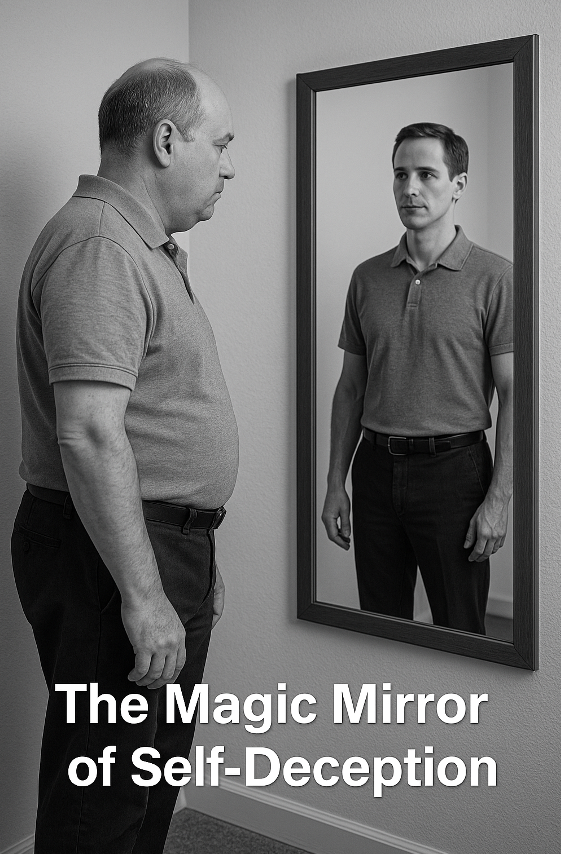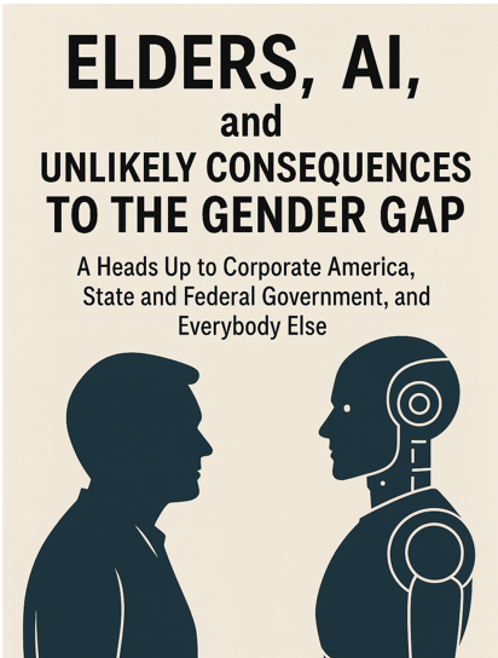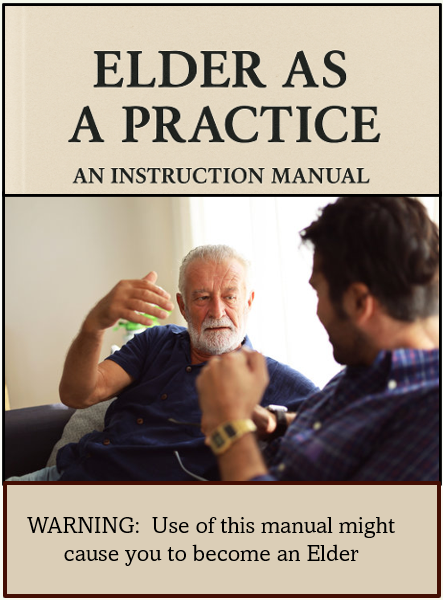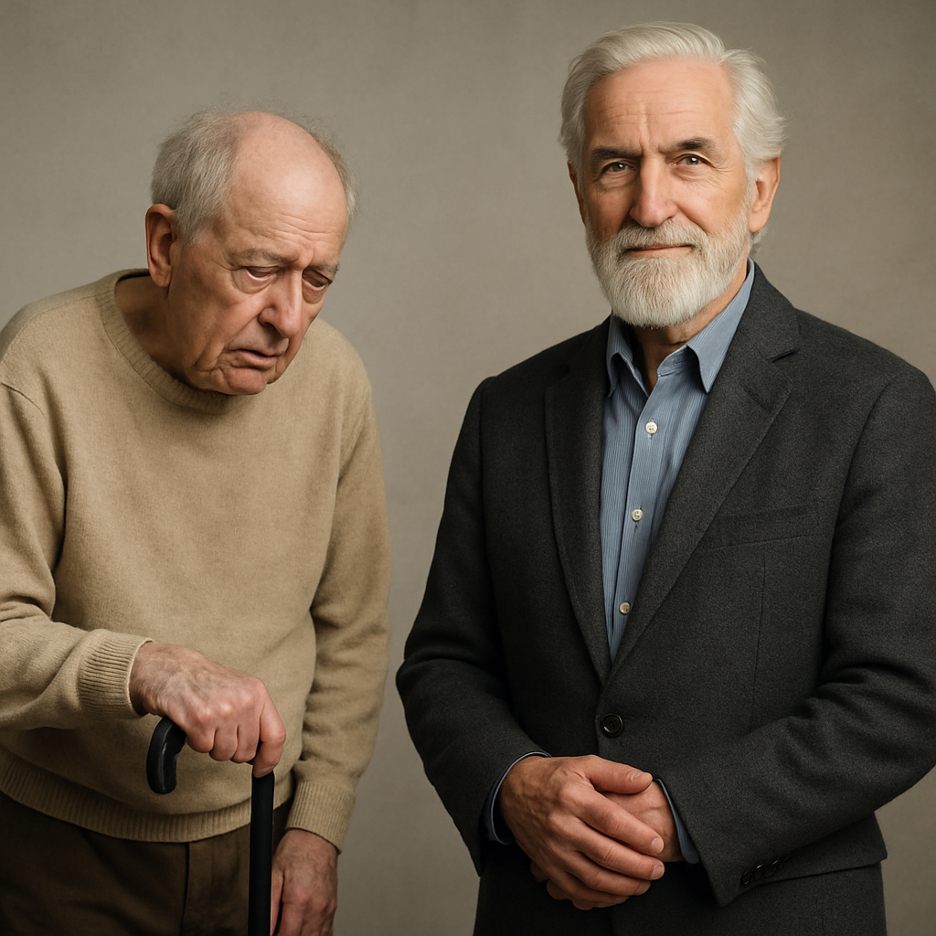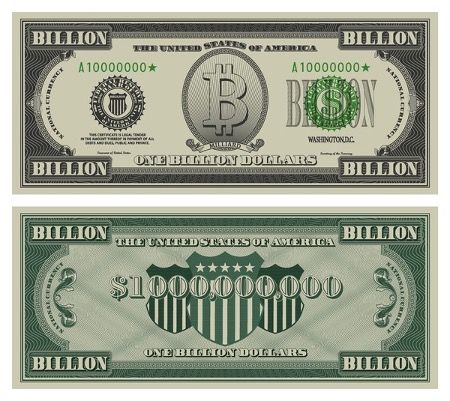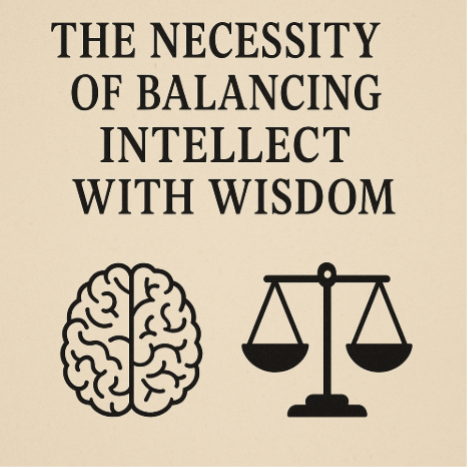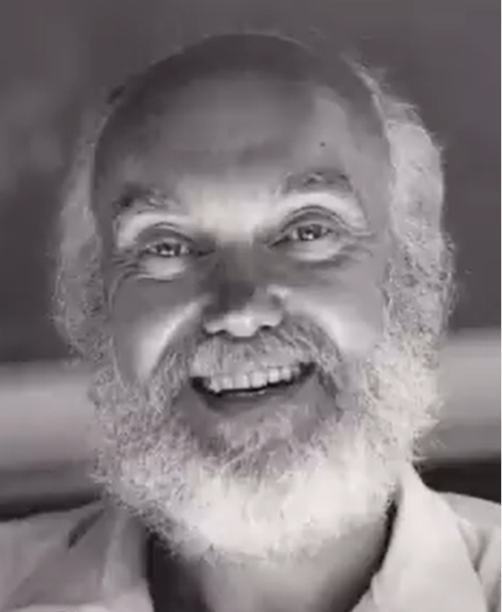THE WISDOM OF LEADERS
EXCERPTS FROM AN INTERVIEW WITH DR. MARC COOPER
Q: Why are you still going headlong into leadership development at the age of 75?
MBC: Today, more than ever, there is a 'missing' element in leadership that is fundamental and critical to a leader's success - and that element is wisdom.
Q: What exactly is wisdom?
MBC: Wisdom is the ability to think and act using knowledge, experience, understanding, common sense and insight.
Q: Are business leaders bringing that to their leadership today?
MBC: No, not really. Wisdom is associated with unbiased judgment, compassion, experiential self-knowledge, self-transcendence and non-attachment, and the values of ethics and benevolence. Unfortunately, I don't see much of those qualities or characteristics authentically expressed in today's leaders.
Q: What do you see?
MBC: I see the opposite. Heavily biased judgments and assessments, a lack of compassion, no thirst for deeper self-knowledge and no desire for self-transcendence are common. And when it comes to ethics, those moral principles that govern behavior, they exist for leaders simply as platitudes and clichés.
Q: Why is wisdom not sought by leaders?
MBC: Wisdom is ultimately the capacity, desire and active commitment to realize what is valuable in life, for yourself and others. Values are at the core of wisdom. And those values that source wisdom are often missing in a leader and, therefore, absent in their enterprises.
Q: What are those values?
MBC: Wisdom values begin by recognizing the interrelatedness of all things and follow these influences to great lengths. This leads to a tremendous openness to experience, a greater understanding of one's personal concerns, and a true desire to increase the well-being of others.
Leaders with wisdom reject the foolish values of ignorance, selfishness, hate, greed, envy and revenge in favor of empathy, truth, honesty, justice, cooperation, peace, compassion, universal well-being, creativity, courage and comprehensive knowledge. These values are noticeably in short supply in our leaders today.
Q: How does wisdom work?
MBC: Wisdom impacts the decisions and choices a leader makes. Choice is the headwater of responsibility and responsibility is the mother of commitment. Commitment leads to specific actions. Therefore, the actions taken by a leader are a direct expression of the commitments shaped by choices.
Q: How does wisdom impact leaders?
MBC: When you get right down to it, wisdom changes leaders. It impacts not only what they see, but also the choices and decisions they make. It is these choices that determine the outcome of their leadership. Leaders applying wisdom to their considerations before they choose is the best choice.
Q. How do you develop wisdom in leaders?
MBC: In my view, wisdom requires a progression in clear thinking, emotional intelligence and self-awareness. We have methods and models whereby we develop and increase a leader's learning and maturity in these vital areas. That learning shifts them from survival to success, and eventually to the transformation of being wise.
In our work, wisdom emerges from the fusion of thinking, feeling and acting at the highest levels of self-awareness.
Q: What is needed in a leader to be able to gain wisdom?
MBC: The cognitive skills required are intelligence, knowledge and reflection. Reflection requires introspection and intuition based on a true and deep understanding and experience of the world and universal human-based values - values that we all have.
Q: What else?
MBC: Those leaders that have dealt effectively with life's difficult situations have developed some wisdom. Many wise people have a history of overcoming adversity. Like many others, they have faced significant challenges in their lives. But instead of feeling diminished and victimized by their circumstances, they dealt with them in positive ways and grew past them.
Q: Why don't more business leaders seek wisdom?
MBC: In our highly competitive world, leaders do not see wisdom as a direct value-added because value is often measured in time and money. Strategy and tactics are given the most credence and data becomes the overlord, numbers the sovereign ruler. Negotiable value the pursuit. But without wisdom, there is a heavy cost.
Q: What is the cost?
MBC: That cost is that people are hesitant and often resistant, to follow a leader who lacks wisdom because part of wisdom is sincere compassion for others. An authentic appreciation for their struggles, their pain and their losses. It goes beyond understanding. It goes to feeling. And that's where a leader's vulnerability and authenticity are absolutely required - which gets much easier with wisdom.
Q: What do leaders report that have attained wisdom?
MBC: The gains I've witnessed are greater peace of mind and the ability to be openly authentic and vulnerable, resulting in greater self-expression and clarity about how to handle difficult situations. These leaders can more easily generate consensus, produce leadership in others and gain greater employee loyalty and emotional commitment throughout the enterprise.
Q: How do you know when leaders have wisdom?
MBC: Wise leaders do not feel the need to inspire others by being perfect. They let people find inspiration from how they authentically deal with their imperfections.
Edited by Meredith Miller from Meeting Meredith Creative
